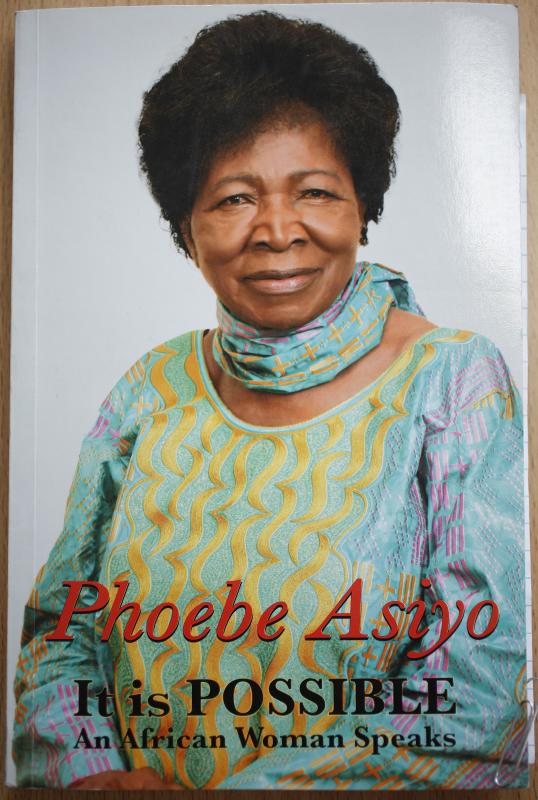×
The Standard e-Paper
Home To Bold Columnists

Phoebe Asiyo’s new book: It is Possible, An African Woman Speaks, published by Kenya Literature Bureau.
The mental anguish had started two days earlier as the mother dutifully reported to Nairobi’s Infectious Diseases Hospital (IDH) to monitor the progress of her two-year daughter, the first born who was quarantined there.